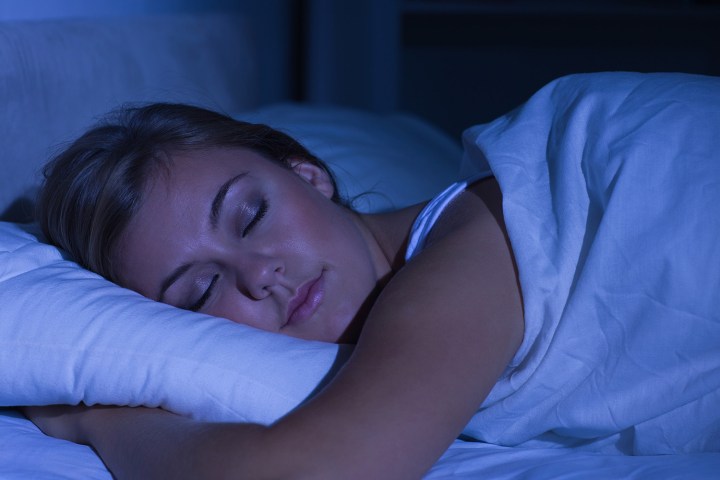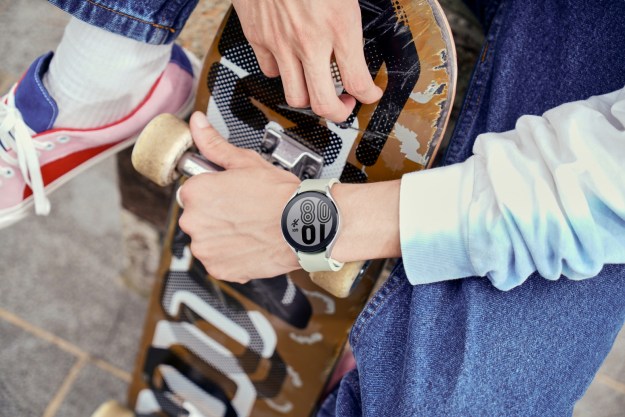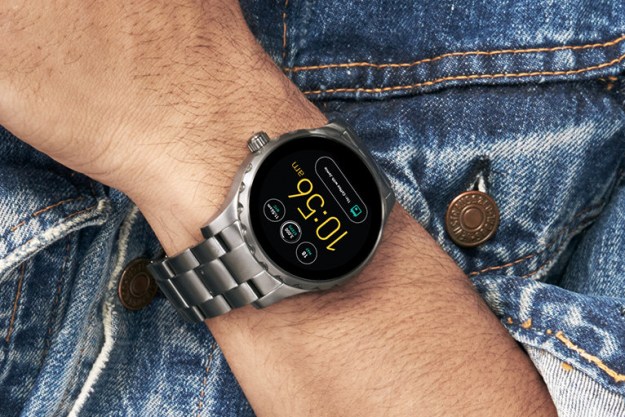
“My students, colleagues, and I were noticing that, as the trend of monitoring sleep using wearable trackers was increasing among our patients, for some it seemed to be creating their sleep disorder,” Kelly Glazer Baron, clinical psychologist from Rush University Medical Center, told Digital Trends. “What we found was when people were fixated on getting a specific number [of hours] every day, they weren’t able to function optimally the next day if they didn’t get that number.”
By obsessing over the data, Baron said some of her patients began to develop unhealthy patterns and an unhealthy relationship with the device. She and her colleagues began a case series of three patients, which was recently published in the Journal of Clinical Sleep Medicine.
In one case, a patient said her Fitbit determined she was not getting enough restful sleep and that she felt unrefreshed when she woke up in the morning. When this patient spent a night in the laboratory undergoing a sophisticated sleep test, the test determined that she’d had a very deep sleep. And yet, the patient was incredulous, believing that the device was actually more accurate than the study.
More: You are what you tweet: Twitter reveals how America eats and exercises
Baron pointed out that in each case the patient was given their sleep tracker as a gift by a significant other. “We don’t know if [their sleep problem started] because the significant other thought about it, but the devices were gifts,” she said. “The patients weren’t going out to buy them.”
“I’m really encouraged that people are so enthusiastic about monitoring and improving their sleep,” Baron added. “But, in discussing it with my patients, improving those who are becoming preoccupied with their sleep or stressed about what the tracker says, I realize people need to understand that the validity of the data is not great. And so trackers frequently will record that someone is awake and restless when they’re actually sleeping or sleeping when they’re awake. [The devices are] not very reliable and so patients shouldn’t take the number too seriously.”
Nonetheless, Baron thinks these wearables can be useful tools for evaluating behavioral patterns and trends. She even wears one herself. And, in the case series, one of her patients who’d recently ended his medication said he had a positive experience with the sleep tracker when he first saw his sleep get worse and then improve over time. “I’m not anti-tracker,” she said. “I just think that if people are anxious about their sleep it can sometimes make them feel worse about it.”
Baron and her team intend to continue the study with more participants.
Editors' Recommendations
- The Fitbit Luxe helps you manage your stress levels — and look good doing so
- Sleep tracking is coming to Apple Watch, but monitoring your sleep is a bad idea
- Trippy VR demo reads your brain waves to create sleep-inducing visuals
- The best cheap fitness trackers of 2019


